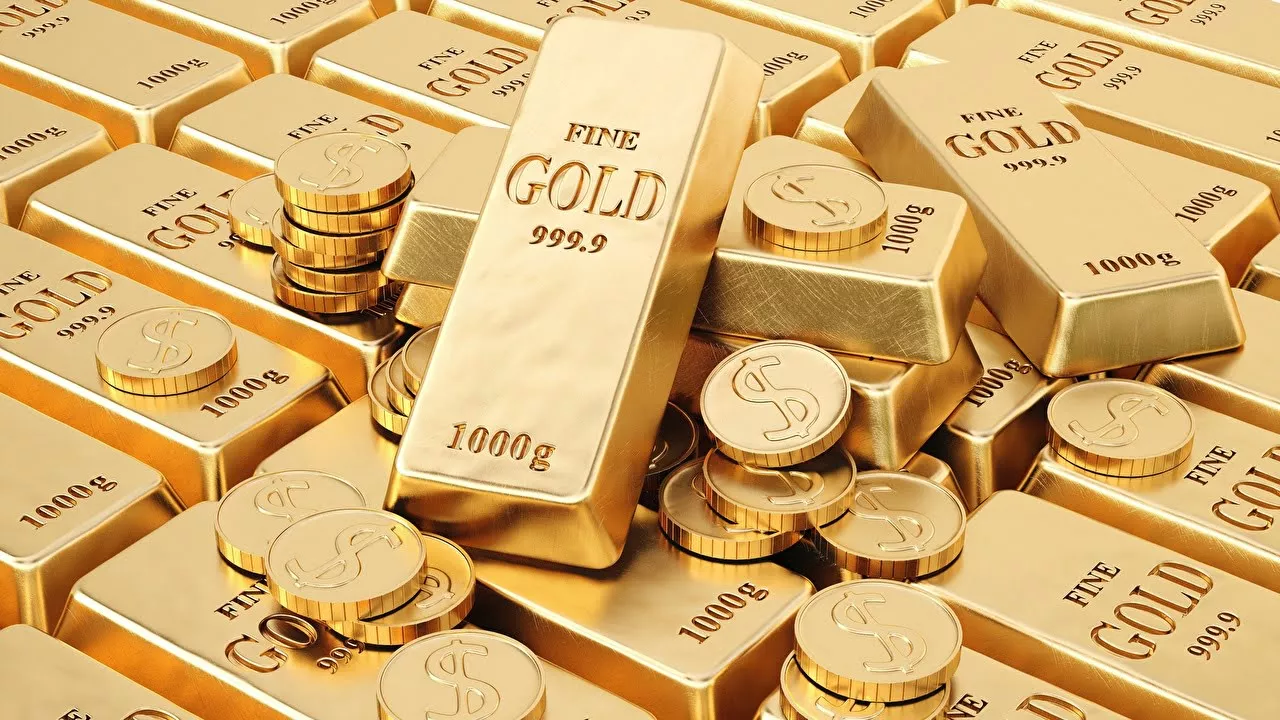VHave you ever thought about the origin of gold? Find out now, as it has a high monetary value, being a piece coveted by many people..
Precious stones and diamonds have played and still play important roles in human history.
Used in diadems and ornaments for monarchs and sovereigns, talismans or merely as ornaments, gemstones have always been enchanting and highly prized.
Discovered millennia ago, this valuable metal remains the most sought-after object on the planet to this day. Continue reading to learn more about the origins of gold and its relevance to humanity.

Discovered in its most elemental and natural form in the streams and soils of the ancient world, gold is one of the first valuable metals recognized by humanity.
In Egypt, around 1400 BC, it appeared and was used as a symbol of opulence and influence in the sarcophagus of the pharaoh's mummy.
The precise provenance of this valuable artifact is uncertain, but Egyptian glyphs dating back to 2600 BC mention the metal, and it is referenced several times in the Old Testament of the Bible.
In Brazilian territory, gold was found in the Minas Gerais area in the 17th century, around 1693.
Near the precious metal mines, small towns emerged, creating a new urban society with a middle class of local artisans and merchants.
In response to its beauty and scarcity, gold has become an icon of opulence and elegance across civilizations.
Its luminosity and durability make the metal a perfect raw material for the production of ornaments and, ultimately, a workable currency.
It is a metallic chemical component, recognized as noble because it is one of the few metals that experiences minimal or no oxidation.
It can be found in rock formations (in small quantities), bodies of water such as rivers and streams, or in extensive deposits in specific regions around the globe.
The expression Gold derives from the Latin term Aurum, which translates as “radiant”, and its symbol in the periodic table is Au, with atomic number 79 and atomic mass 197.
People have highly valued the golden metal since ancient times, yet it remains an essential component of the global economy today.
However, many still question why it is classified as the most precious and sought-after metal globally. After all, among metal categories, it ranks seventh in terms of rarity and third in terms of price.
Undoubtedly, one of the predominant characteristics that gives this object high value is the fact that, from a chemical point of view,
Certainly excluding the noble gaseous elements, gold is the substance least susceptible to reactions when coming into contact with other substances, including acids.
Furthermore, gold demonstrates extraordinary resistance.
Under normal conditions, a gold deposit can produce several grams of the metal for each ton of treated soil, showing that extraction is extremely detailed and requires effort.
This considerable form on the part of the miners without mentioning the attractiveness of its color and luster, of course.
Gold is classified as a precious metal due to its minimal oxidation, unlike other metals such as iron.
This feature prolongs its durability and quality, preventing corrosion even when exposed to elements such as water and air.
It is also the most flexible metal, allowing, for example, that with just 100 grams, someone is able to stretch it, creating a wire up to a kilometer long.
Its longevity means that with the equivalent amount of gold, an individual is capable of manufacturing an extraordinarily thin blade measuring 30×30 centimeters,
However, aiming to demonstrate excellent resistance and handling properties.
What's your opinion on the provenance of gold? Share your most intriguing observations about this text with us.
If you enjoy interesting information, I invite you to explore our other articles on different curious facts, such as